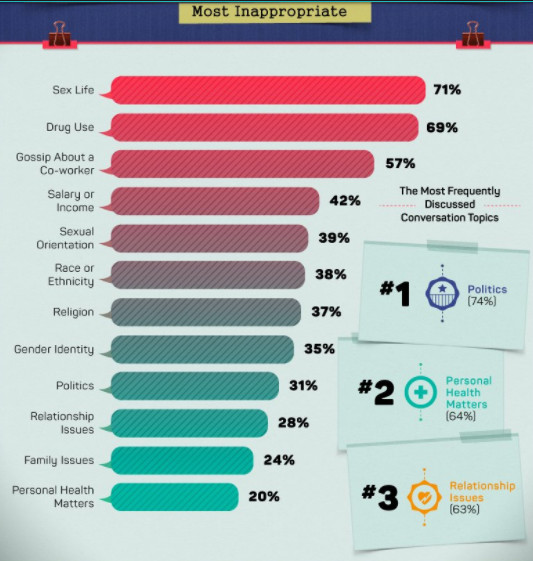
- Why You Need To Pay Attention To Gen X Leaders
These generational signposts left their mark on many gen Xers, says generational expert and humorist Meagan Johnson, coauthor of Generations, Inc.: From Boomers to Linksters–Managing the Friction Between Generations at Work. From an early age, they had freedom to make decisions and were left on their own to organize their time, do their chores, and get their homework done before their parents got home. This has made many gen X managers entrepreneurial and independent in their management style—which can be a challenge for their millennial counterparts and direct reports who often crave more feedback and interaction, Marston says.
“That gen X manager thinks he or she is doing his or her team a favor by leaving them alone to do their job,” he says. They’re managing others like they would like to be managed—get the work done, avoid the distractions, and go home. Gen X managers often don’t crave the close workplace friendships that their older and younger counterparts do, Johnson adds. At the same time, they do place a high value on mentoring and helping others develop.
https://www.fastcompany.com/40558008/why-you-need-to-pay-attention-to-gen-x-leaders
- YouTube CEO addresses demonetization anger: ‘We know the last year has not been easy
Despite Wojcicki’s claims that YouTube’s demonetization problem is getting better, creators like Philip DeFranco and Casey Neistat are saying otherwise. DeFranco is threatening to invest time in other platforms, and Neistat may be partnering with Patreon CEO Jack Conte for a new revenue avenue for YouTube creators. Wojcicki addressed the frustration creators are having regarding the appeals process. Creators have complained about “flip-flopping” monetization icons on their videos, arguing it’s difficult to understand what is acceptable by YouTube’s standards and what isn’t. Wojcicki touched upon that complaint, adding that the company is working on a new pilot program to try and alleviate some of those problems.
https://www.engadget.com/2018/04/17/youtube-pilot-helps-creators-keep-income-by-describing-videos/
- How to spot high-conflict people before it’s too late
- The Instant Message Generation Gap
While email is still the leading form of business communication, IM accounts are expected to grow 8% annually for the next four years, to 8.6 billion world-wide, says the Radicati Group, a Palo Alto, Calif., research firm. Employers say they reduce the need for meetings and make it easier to sustain conversations among team members, share updates and get quick tips and answers. Email can seem clumsy, slow and officious by comparison.
The tempo of IMing changes the way many people organize their days. “It used to be that one of the big time-management tips people would recommend is to not read your email and just work uninterrupted for a few hours,” says Christina Seelye, CEO of Maximum Games, a Walnut Creek, Calif., videogame company. Now, taking a break from instant messaging for even a few hours can mean you’re missing something.
https://www.wsj.com/articles/the-instant-message-generation-gap-1523972835
- How To Write Thank-You Notes That Impress Hiring Managers
A thorough, detailed thank-you note that’s beautifully written will never make much of an impression if it’s too late. Especially in some fast-paced fields like the tech industry, healthcare or marketing, time is of the essence. When you finish your interview, head home as soon as you can to write your thank-you note. Sending it the day of the interview (if possible) or within 24 hours is ideal, although sending the note 48 hours later can be acceptable if you get really tied up. If you send the note late, you might find that the hiring manager has already assumed you’re not sending it and dinged your candidacy or rejected you for it.
https://www.fastcompany.com/40559423/how-to-write-thank-you-notes-that-impress-hiring-managers
Photo by Ali Yahya on Unsplash



